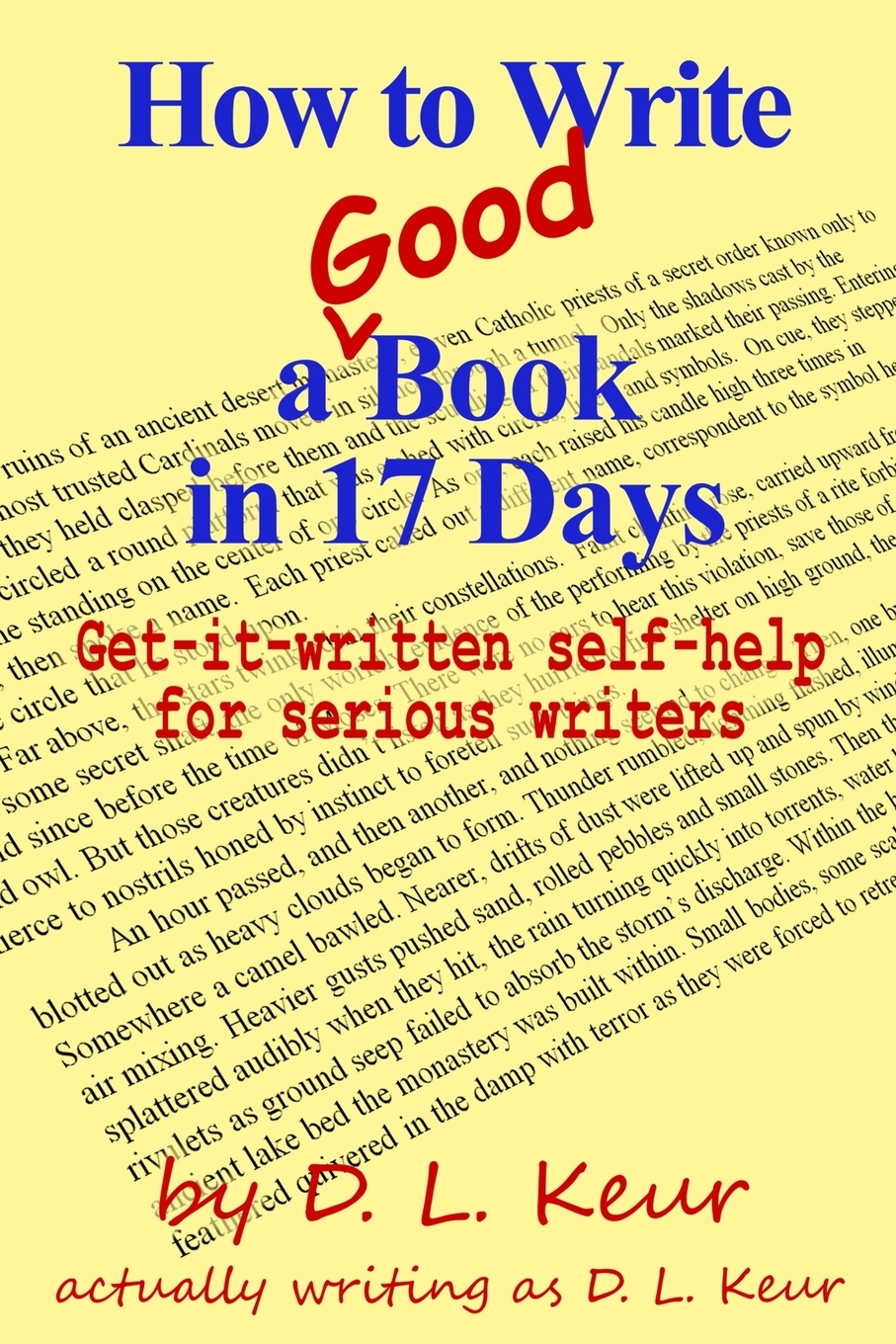 How do you write a book? What are the basic principles for writing non-fiction books such as autobiography, biography, or history books? How do you proceed? Learn one or two things about a book.
How do you write a book? What are the basic principles for writing non-fiction books such as autobiography, biography, or history books? How do you proceed? Learn one or two things about a book.Here are some of them:
Even before starting, novice authors can frighten. They may feel unworthy and/or lack experience or knowledge. It can be overwhelming. These are normal feelings. Oops, but normal. May stop you from writing. Don’t leave them. Write your book! Novice authors are under a lot of pressure. As a beginner, you are inexperienced, insecure, and crazy. Until you write and complete this book. This is normal. Well, this is a small idea that can help you overcome or discard fears. Ideas that are not worthwhile and/or don’t perform the task. “Not about you, it’s about the story. You’re just the messenger, providing the story and/or facts, numbers, and details to the reader. You’re the messenger. The deliverer.”
It has nothing to do with you, this is books. You don’t have to be the finest author in the field. Yes, you may (and will) be imperfect. Your first draft is not perfect. And not. Neither I nor no one is perfect. Your book needs to be readable. Make it your standard. How old should you write a book? As big as you. There are teenage writers, 20-30 writers, 50-60 writers, and ancient writers. Age is a number. If you have something to say or share, and must say or share a printed copy, please become an author. At any age and all ages. Age is just a number. Write your book!
What if you want to write a book but don’t write well? If you are illiterate, how do you write a book on your computer? Just write it. You can tell stories in other ways. Write it on paper with a pen or pencil. If it is easier to say than to write, please say so. You can transcribe it when you did.
The first thing to do when writing a non-fiction book is to have something worth writing. It’s best to be something you are interested in and hope others are interested. And you need motivation. Why did you write a book? Yes, it is important to know why. If you are unsure or unsure, ask yourself: “Why should I write this book?” Get rich? Want to be famous? Anyone who likes and admires you? Are you educated to teach wisdom? For honor or someone? To help yourself and improve your life? Want to help others? Glad to understand why you motivated to write a book.
OK, so you want to write a book. What is the first thing you should do when you write a book? Find a good title. What’s the point of this book? That’s the basis of your title. Yes, it is important to have a good degree. And it’s difficult. Until you find the “perfect” title, you can use a temporary title. This means you can use it anyway, don’t let the perfect title stop you from reading at this stage! The sketch. What’s wrong because you need to sketch it before writing it. What happened? When writing a book, outline where you are going, where you been and where you are. The goal of this program is to list all the things you want your readers should have. This sketch will form the basis, plan, and plan of your book.
After completing the sketch and completing the required research, you are ready to write the first draft of the book. What is the first draft? This is the first part of your book. From beginning to end. The first draft is bad; incorrect spelling, incorrect / no / punctuation, a mess. Don’t worry, this is normal, and this is the purpose of rewriting. When drafting the first draft, try to write about the subject as much as possible. Expand your plan as much as you want. You will add and delete content later when rewriting/editing the first draft.
Write your first draft. The first draft is the most creative, satisfying and fun part of writing a book! What should I do after finishing the first draft? Rewrite a lot. You will place and remove content, you will rearrange chapters, you will arrange sentences. If you start with a good plan and complete the first draft, rewriting is much easier. Once completed, or more or less satisfied with the manuscript, you can move on to the next stage.
After the rewrite/edit phase, enter the review phase. Why review your book? Because your book must contain the correct spelling, punctuation, and flow. This is your reflection. Often check manuscript 2-3 times. When making corrections, wait a few days between corrections. Although you reviewed the manuscript several times over several days or weeks, it is not enough. What happened because you wrote something; was too close, and didn’t get all the errors. After completing the calibration, find an external person for the final calibration. And they always find more errors! If you’re not good at proofreading, find one.
The three main stages of writing and completing a book are:
- Contour line
- First draft
- Rewrite and proofread
After completing these three stages, you will get what we call the final draft. This means you own and write a book! Books are a living legacy. You can have a vivid heritage: your friends, family, society, your heritage. Because books are forever.

No comments:
Post a Comment